The popularity of small dog breeds in India is rising among urban legends seeking an anti-stress agent and companion in busy city life. In 2022, urban India’s bustling cities were home to 508 million people, about 35% of the country’s population. Yet, stress and loneliness have surged beneath the city lights, leaving many cravings for somebody to even talk to. Thus, people struggling with anxiety and loneliness slowly turn to dogs for comfort and friendship.
However, India’s climate and cultural landscape pose unique challenges for potential dog owners. Moreover, living in a concrete jungle and managing hectic schedules are significant hurdles to which small dog breeds are an ideal solution. Compact yet full of love, they fit seamlessly into urban life, providing companionship without overwhelming the city lifestyle.
Understanding the Indian Context
India is a tropical country with a sub-humid climate that raises the average temperature to above 30 degrees Celsius. Such a temperature poses many issues for our canine friends, as they are prone to heatstroke or dehydration. Dogs can only cool themselves through their paws, which isn’t a powerful AC system, especially when the heat is cranked up.
In such scorching heat, if a dog is deprived of grass parks and is mostly restricted inside the four walls of an apartment, it is not a flourishing environment for the dog. Larger dog breeds face this situation harshly. They mostly need a lot of exercise and mental stimulation for optimum growth but get deprived, resulting in excessive barking and aggressive behavior. However, with lives getting busier and work opportunities inviting us into the concrete forests, Indians needed to adapt and solve one problem at a time.
Why Small Dog Breeds are Ideal for India
As discussed earlier, India’s climate is predominantly hot and humid, which can be challenging for dogs. However, smaller breeds tend to have adaptable coats and lower grooming needs, making them better suited to handle these conditions. Due to their small size, they may also be less prone to overheating compared to larger breeds.
Also, many people in India live in rented apartments or smaller homes with restricted mobility. Small breeds are better suited to these smaller living spaces as they can tire themselves out quicker and in a much lesser area than the larger breeds. While some breeds require more exercise and mental stimulation than others, the ideal breed will always match your activity levels and daily routine.
Choosing the right dog breed for the Indian climate involves considering factors like coat type, size, and general health traits. Researching the breed’s characteristics and compatibility with your lifestyle and living environment is also essential before getting a dog.
15 Best Small Dog Breeds in India
Suppose you’ve always wanted a tiny dog that draws smiles everywhere you go. In that case, this is your chance to get familiar with the cutest small companions. We’ve compiled a list of some of the best small dogs you could wish for.
- Indian Spitz
- Pomeranian
- Pug
- Beagle
- French Bulldog
- Chihuahua
- Cocker Spaniel
- Daschund
- Poodle
- Lhasa Apso
- Shih Tzu
- Chow Chow
- Jack Russel Terrier
- Corgi
- Basset Hound
This is the list of 15 small dog breeds that can easily fit into your apartments. However, there are some checks you must do before you get any of these breed homes.
Know-How of Getting a Small Dog Breed
Breed Characteristics
Size and Weight: Understand and optimize your living space well, making sure the breed will comfortably fit your living space.
Temperament: Some dogs are calm and relaxed, while others are high-energy or independent. Understanding the breed’s ideal temperament and behavioral pattern would be suitable before taking the dog home.
Grooming Needs: Research how much grooming a breed requires. Some breeds have short coats that are easier to maintain, while others have long, curly hairs that might need a groomer’s visit every few months.
Shedding level: Dogs can shed a lot or be hypoallergenic. Shedding is caused in a few dog breeds as part of their genetics. At the same time, some develop skin problems or dietary issues that lead to excessive shedding. Understand what you’re willing to handle. Simple math, if they have long hair, it is possible for them to shed more than usual.
Health issues: Each breed may be prone to specific health problems, such as hip dysplasia or respiratory issues. Consider the breeder’s history and the dog’s past medical records for further insights.
Energy and Exercise Needs
Some dogs need hours of physical activity, while others are okay with a short walk. Research if the breed requires continuous mental stimulation to prevent destructive or aggressive behavior. Many small breed dogs are known as toy breeds for their cuddly and lap-loving nature, which might mean that these breeds are typically more affectionate than others.
Behavior and Temperament
Friendliness: A dog must be on guard yet cuddly. The more social the dog is with family members, children, other pets, and strangers, the more easygoing and loving it may appear. This is very necessary if you have small kids or other pets around the house, as you would want to avoid witnessing a TLC match between your dog and cat after every office day.
Dominance: Some breeds are more likely to exert assertive behavior or may have a strong sense of territory and dominance. If you see your puppy guarding his food bowl or toys or getting anxious when someone else sleeps on its bed, your dog may have a dominant behavior.
Trainability: Some dogs are easier to train than others. Understand if the breed is known for being stubborn or eager to please. Usually, you can find a trick or two that would draw your dog into a training session. However, those tricks must be updated occasionally to keep your dog excited. Also, you can start training with a short play session so your dog’s extra energy is released. Then, your dog can focus uninterruptedly on the training.
Barking Tendencies: Research how vocal the breed is, especially if you live in an apartment or a noise-sensitive area. Getting your neighbors up multiple times at night because your dog hears some undetectable beats would soon get you and your dog kicked out of society.
Compatibility with Your Lifestyle

Time commitment: Owning a dog is a full-time job. How much time you can dedicate to exercise, training, and bonding with your dog is directly proportional to the depth of the bond you and your dog share.
Living Situation: Whether you live in an apartment, house with a yard, or busy urban area, the space must suit the dog’s needs, and family dynamics play a huge role. If you have children or other pets, research how the breed interacts with them.
Work Schedule: Some dogs are prone to causing a stir whenever they are left alone for long hours. This leads to constant barking from separation anxiety. Ensure you have somebody to count on who checks in on your dog when you are not present.
Climate Suitability
In India, the weather ranges from humid in the extreme south to hot and blazing in the central and plain regions. The western side beholds the vast desert, the eastern side has extreme rainfalls, and the north has beautifully rugged snowcapped mountains. Thus, depending on where you plan to stay, you must select a breed accustomed to that place’s environment and climate.
Diet and Nutritional Needs
Dogs have distinctive nutritional needs, especially large, small, and active breeds. Understand which breed you plan to opt for and research their dietary and healthcare requirements. While larger or high-energy dogs may have a higher food cost, smaller dogs have reported serious issues with stomach illnesses.
Traits of Best Small Dog Breeds in India
- Behavior Traits: Intelligent, playful, and alert.
- Dominance: Moderate.
- Exercise Needs: Moderate; enjoys daily walks and playtime.
- Friendliness: Affectionate with family, wary of strangers.
- Barking Tendencies: High; often barks to alert.
- Pomeranian
- Behavior Traits: Lively, bold, and intelligent.
- Dominance: High; can exhibit dominant behavior.
- Exercise Needs: Moderate; short walks and play suffice.
- Friendliness: Affectionate with family but wary of strangers.
- Barking Tendencies: High; vocal, often barks as a watchdog.
- Pug
- Behavior Traits: Charming, affectionate, and even-tempered.
- Dominance: Low.
- Exercise Needs: Low to moderate; short walks and indoor play are enough.
- Friendliness: Extremely friendly and good with kids.
- Barking Tendencies: Low; only barks occasionally.
- Beagle
- Behavior Traits: Curious, playful, and energetic.
- Dominance: Low but can be stubborn.
- Exercise Needs: High; needs daily walks and playtime.
- Friendliness: Friendly with people and dogs.
- Barking Tendencies: High; vocal, especially when bored or hunting.
- French Bulldog
- Behavior Traits: Playful, adaptable, and charming.
- Dominance: Low; tends to be easygoing.
- Exercise Needs: Low; short walks and indoor play are enough.
- Friendliness: Very friendly with people and pets.
- Barking Tendencies: Low; only barks when necessary.
- Chihuahua
- Behavior Traits: Bold, confident, and sassy.
- Dominance: High; tends to dominate despite its size.
- Exercise Needs: Low; short walks and playtime suffice.
- Friendliness: Bonded closely with owners, wary of strangers.
- Barking Tendencies: High; often barks to alert or out of excitement.
- Cocker Spaniel
- Behavior Traits: Gentle, affectionate, and playful.
- Dominance: Moderate.
- Exercise Needs: High; requires daily exercise and mental stimulation.
- Friendliness: Very friendly with family, kids, and pets.
- Barking Tendencies: Moderate; may bark when excited or lonely.
- Dachshund
- Behavior Traits: Brave, playful, and stubborn.
- Dominance: High; has a strong-willed nature.
- Exercise Needs: Moderate; needs daily walks and some playtime.
- Friendliness: Friendly but can be wary of strangers.
- Barking Tendencies: High; barks frequently, especially when on alert.
- Poodle
- Behavior Traits: Intelligent, energetic, and alert.
- Dominance: Low; eager to please.
- Exercise Needs: Moderate; enjoys walks and playtime.
- Friendliness: Very friendly with family, good with strangers when socialized.
- Barking Tendencies: Moderate; barks when excited or bored.
- Lhasa Apso
- Behavior Traits: Independent, confident, and alert.
- Dominance: Moderate; can be headstrong.
- Exercise Needs: Moderate; enjoys daily walks.
- Friendliness: Aloof with strangers but affectionate with family.
- Barking Tendencies: High; barks as a watchdog.
- Shih Tzu
- Behavior Traits: Affectionate, loyal, and lively.
- Dominance: Moderate.
- Exercise Needs: Moderate; daily walks and indoor play.
- Friendliness: Very friendly with people, kids, and other pets.
- Barking Tendencies: Moderate; barks occasionally.
- Chow Chow
- Behavior Traits: Intelligent, energetic, and alert.
- Dominance: Low; eager to please.
- Exercise Needs: Moderate; enjoys walks and playtime.
- Friendliness: Very friendly with family, good with strangers when socialized.
- Jack Russell Terrier
- Behavior Traits: Energetic, independent, and intelligent.
- Dominance: High; can be very strong-willed.
- Exercise Needs: High; requires plenty of physical and mental stimulation.
- Friendliness: Friendly but can be aloof with other pets.
- Barking Tendencies: High; barks out of excitement and alertness.
- Corgi
- Behavior Traits: Energetic, intelligent, and playful.
- Dominance: Moderate; can be assertive.
- Exercise Needs: High; enjoys regular walks and play.
- Friendliness: Very friendly with family, good with other pets.
- Barking Tendencies: High; can be vocal, especially as a watchdog.
- Basset Hound
- Behavior Traits: Laid-back, affectionate, and stubborn.
- Dominance: Low; easygoing but independent.
- Exercise Needs: Low to moderate; enjoys leisurely walks.
- Friendliness: Friendly with family and strangers.
- Barking Tendencies: Moderate; barks when necessary.
Advantages and Disadvantages of Small Dog Breed
Many owners think owning a small breed requires little attention and responsibility. But the truth is different. Here are all the pros and cons of having a small dog breed.
Advantage of Small Dog Breed in India
- Small breeds are more comfortable and bond quickly with their owners.
- Small breeds are well adapted to smaller living spaces in cities.
- They don’t require much space for playing or exercising.
- Less expensive in terms of food and medical expenses compared to large breeds.
- Toys and accessories for small breeds are also less costly.
- Smaller dogs are more adaptable to new pet introductions.
- They can easily mix with other people as well.
- Easily allowed on any transport system without needing a crate.
- Longer average lifespan compared to larger breeds.
- Convenient to carry around in hand or baggage.
- Readily accepted in hotels, restaurants, shops, and malls.
- Provide comfort and bonding with their owner through snuggling and prettiness.
Disadvantages of Small Dog Breeds in India
- Small dogs are more challenging to train than larger breeds due to their persistent nature.
- Lack of proper training can lead to small breeds being messy and causing a nuisance inside the home.
- Small dogs need to be trained to pee and poo outdoors from an early age.
- Socialization with others is essential for small breeds.
- Small dogs do not back down in fights with larger dogs, which can result in harm or death.
- Small breeds are loud and tend to bark continuously.
- Small dogs are often misunderstood due to their appearance.
- Small breeds may show aggression towards those who touch their belongings or body.
- Small dogs are not ideal for children due to training needs and the risk of injuries during play.
- Small breeds are costly and demanding and are not considered good guard dogs.
Conclusion:
Owning a small breed of dog has both benefits and drawbacks. Some advantages are that they are easier to carry, take up less room, need less physical activity, are commonly known as “lap dogs,” and are an excellent company. Smaller breeds also typically live longer than larger breeds.
Alternatively, drawbacks include being more delicate and susceptible to injuries and health issues, more vulnerable to cold temperatures, more prone to dental problems, and requiring more expensive care due to their unique requirements.
Superior options could be available for residents with young children or other pets. Ultimately, the suitability of a small dog breed for you will be determined by your lifestyle, living environment, and personal tastes. So, choose your dog wisely, and remember, Life is better with a dog by your side.

 DogExpress
DogExpress

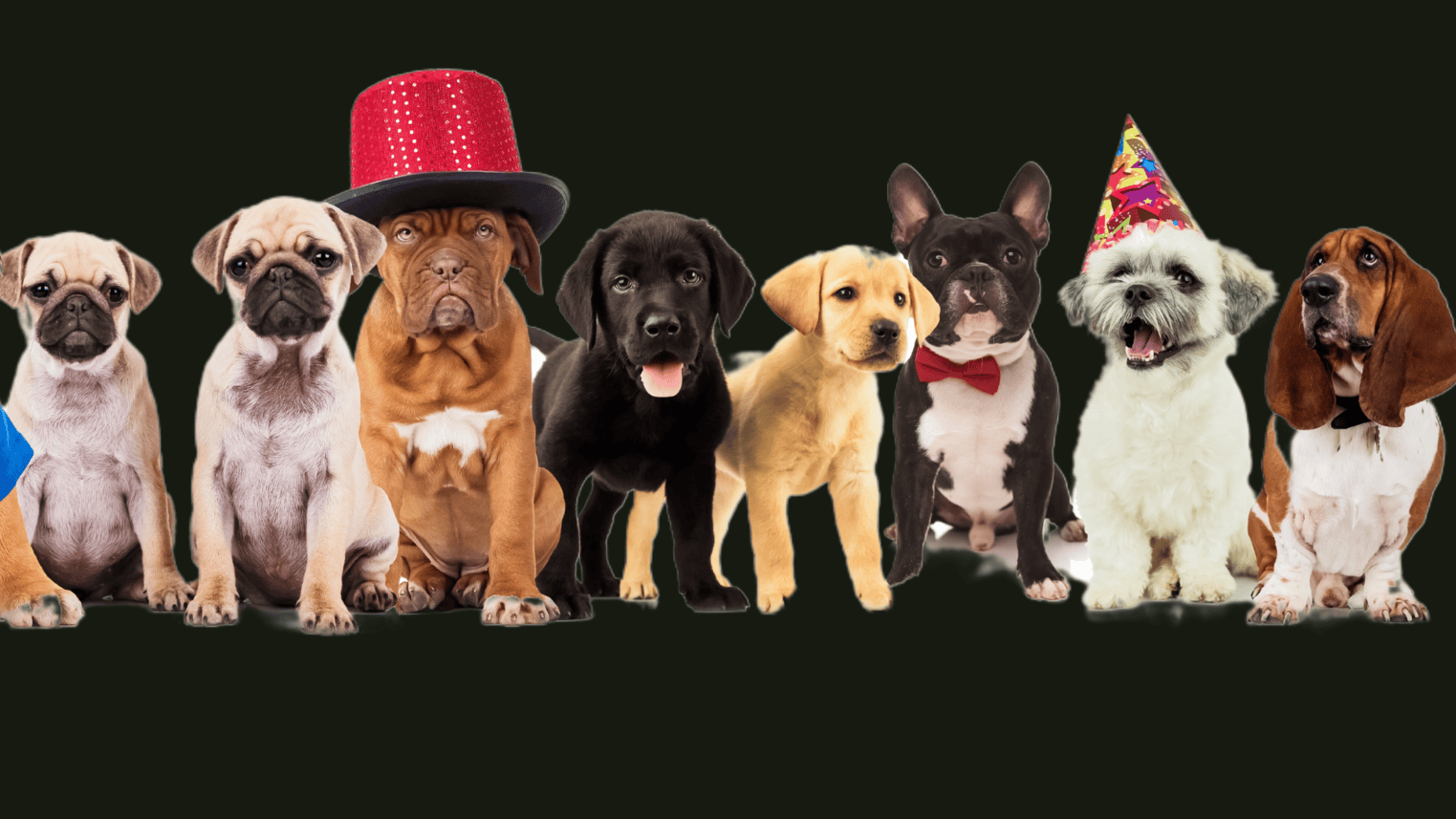
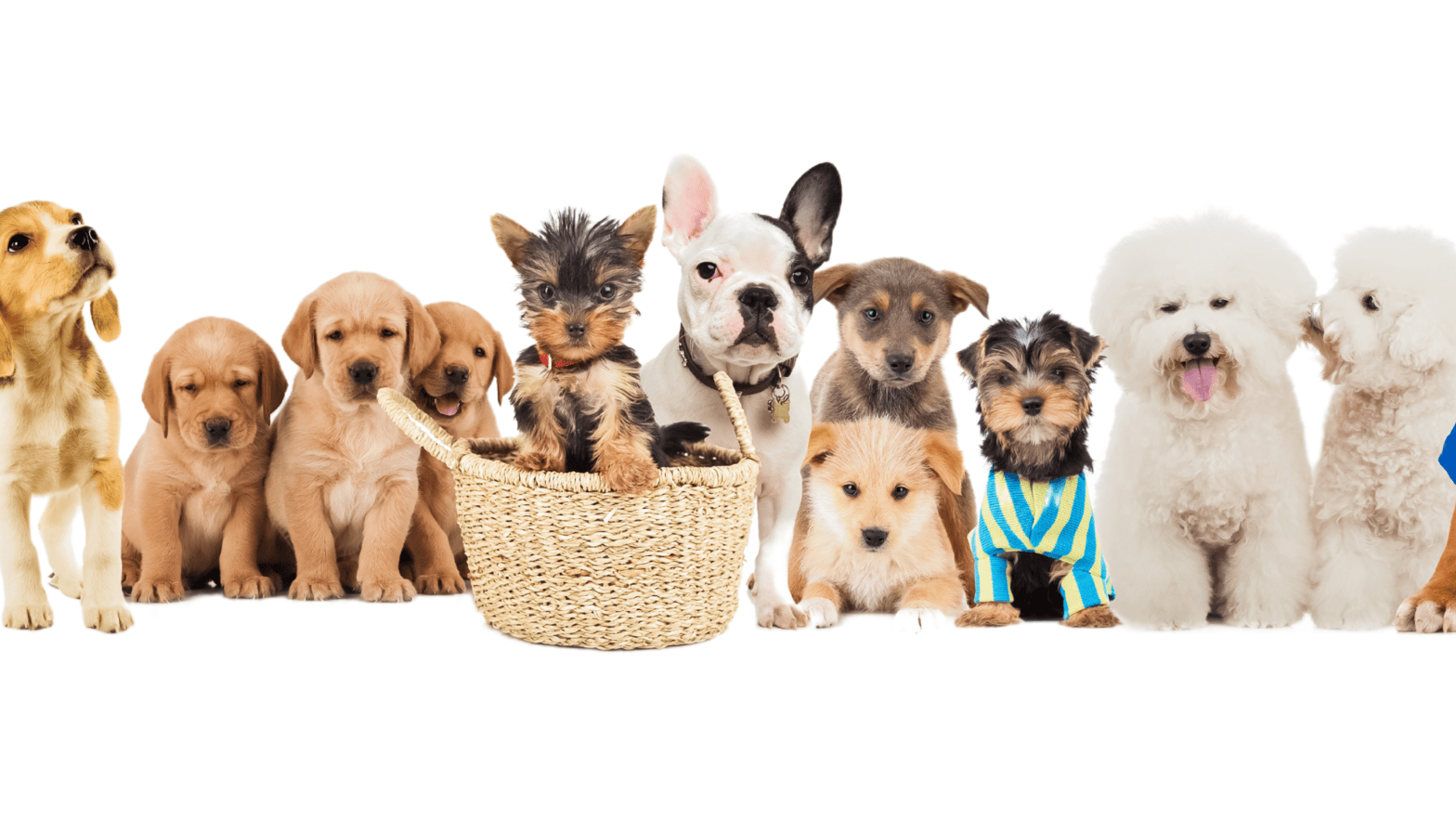
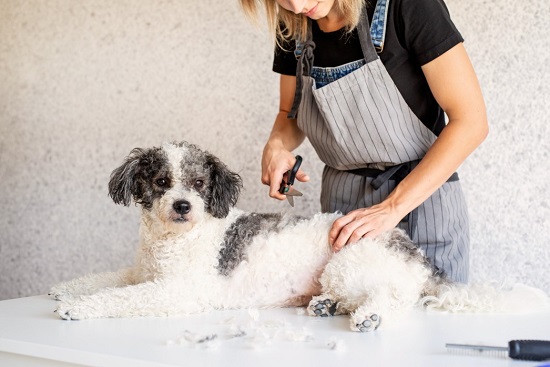
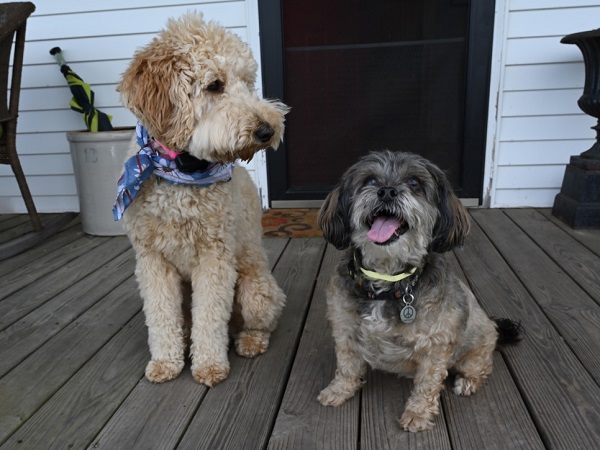

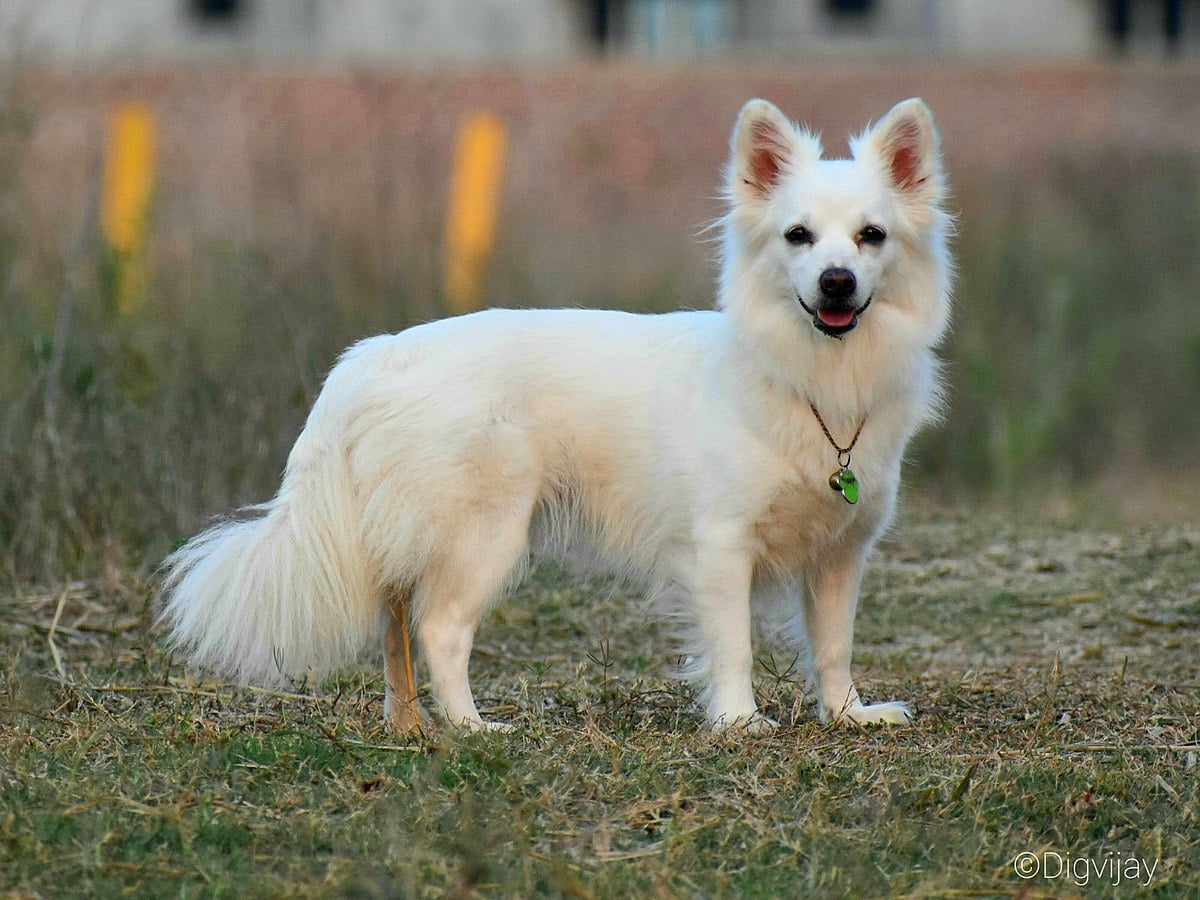
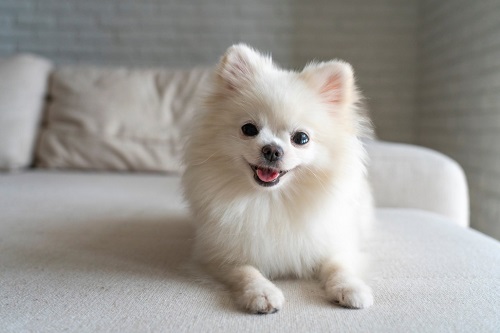
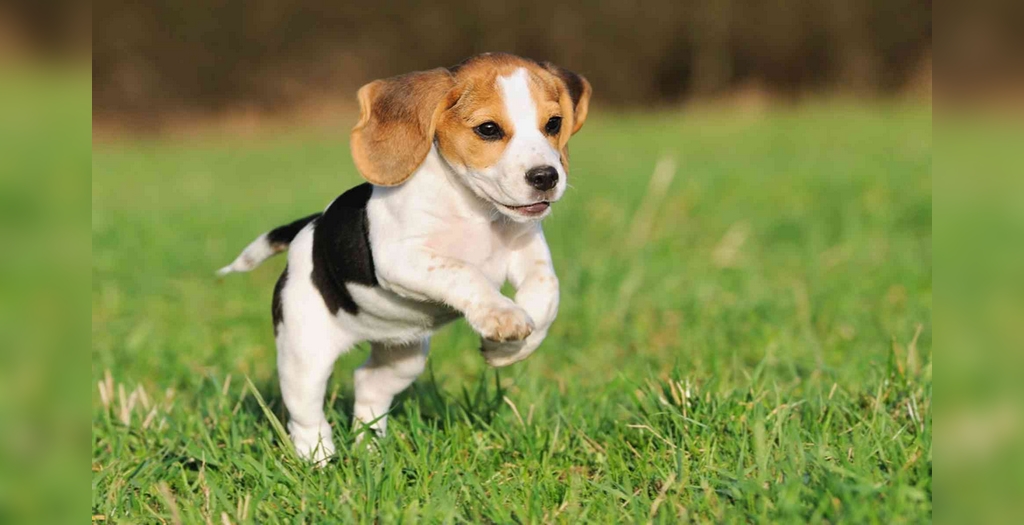
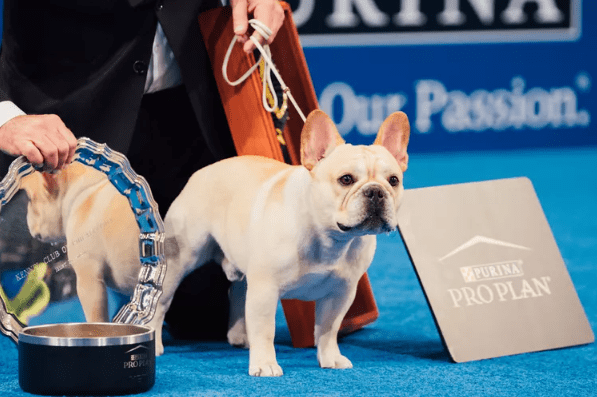
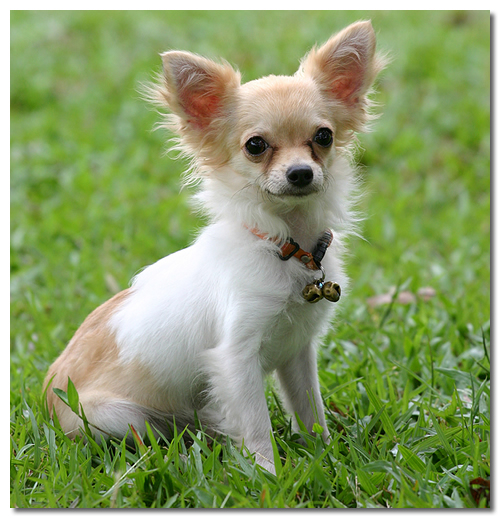
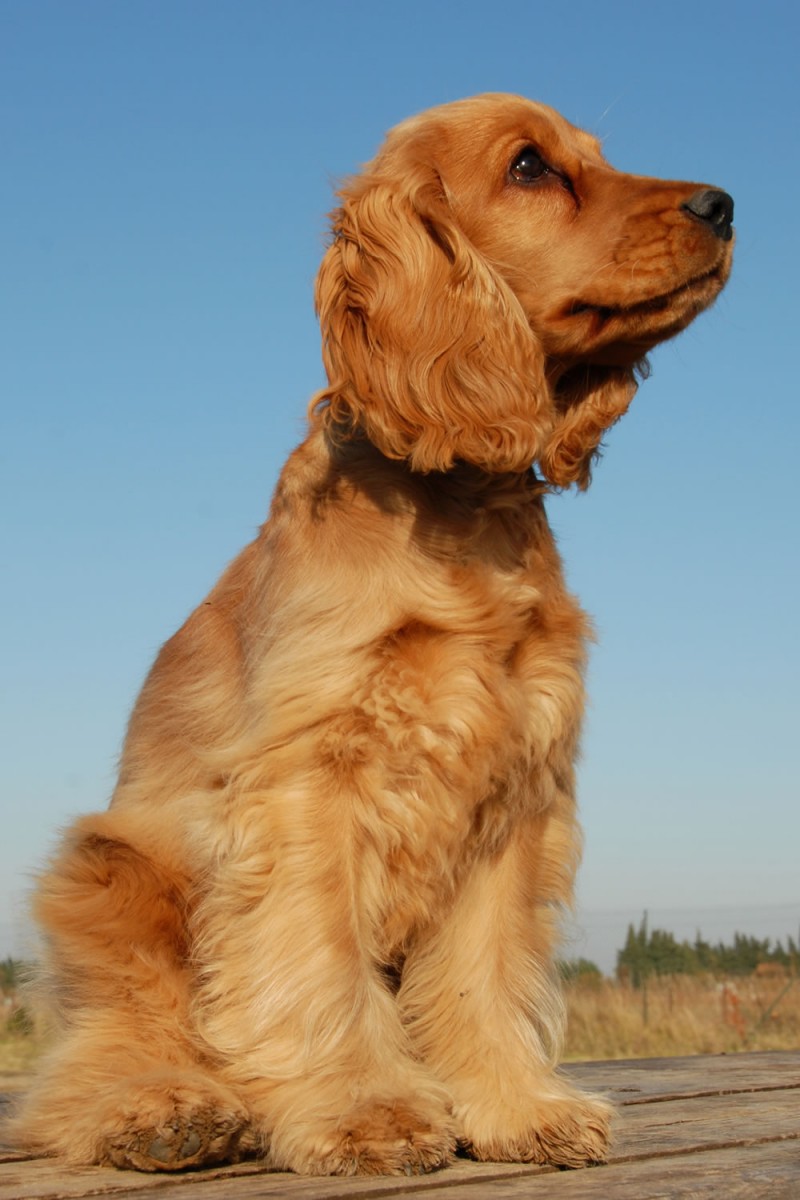
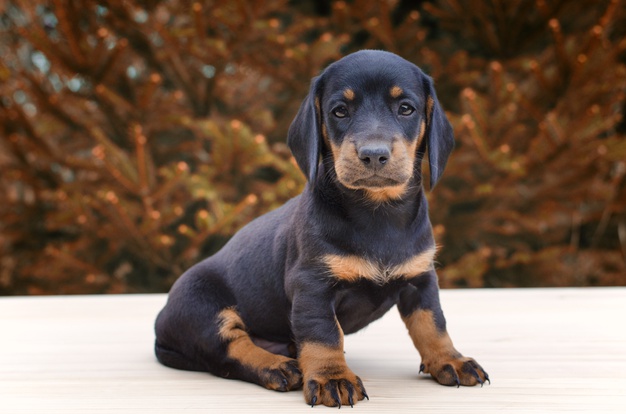
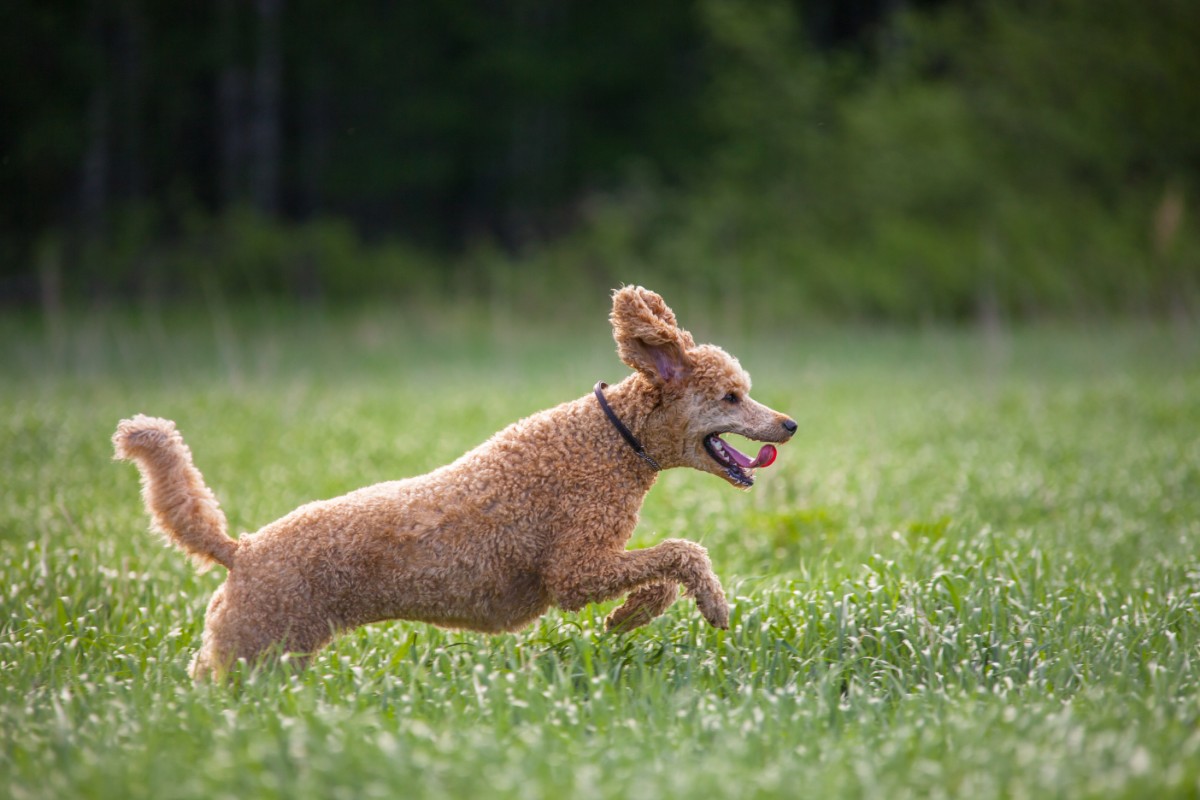
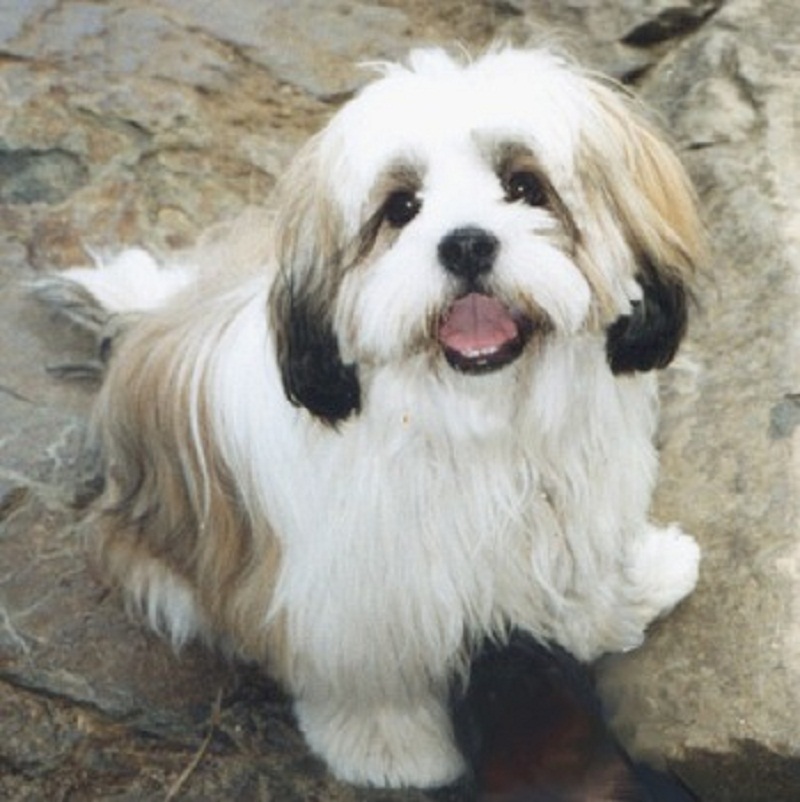
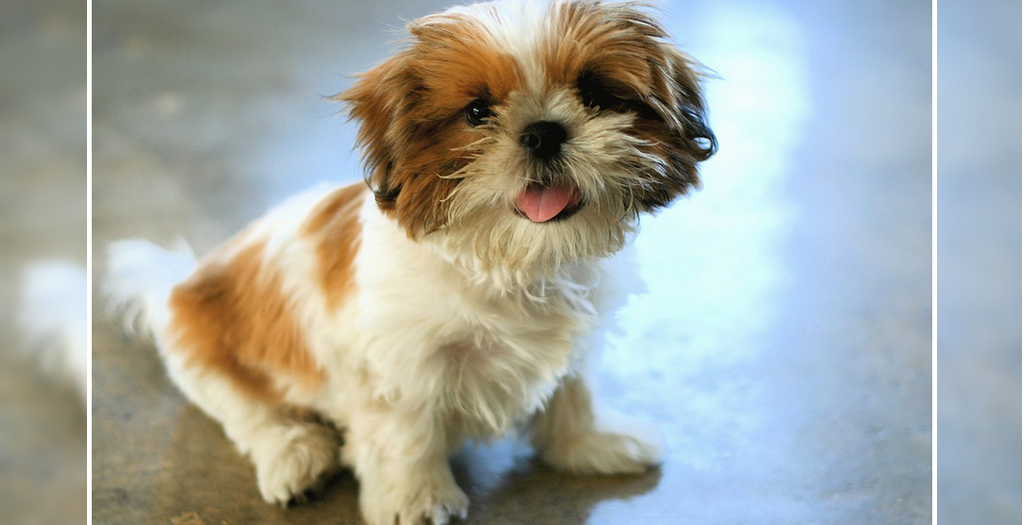
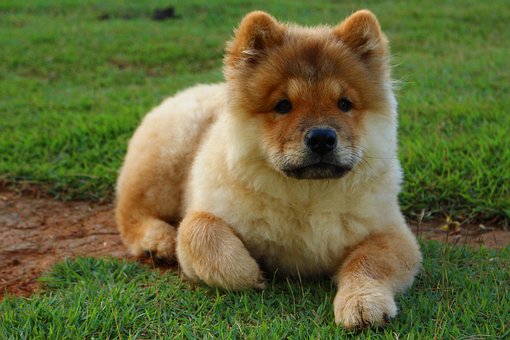
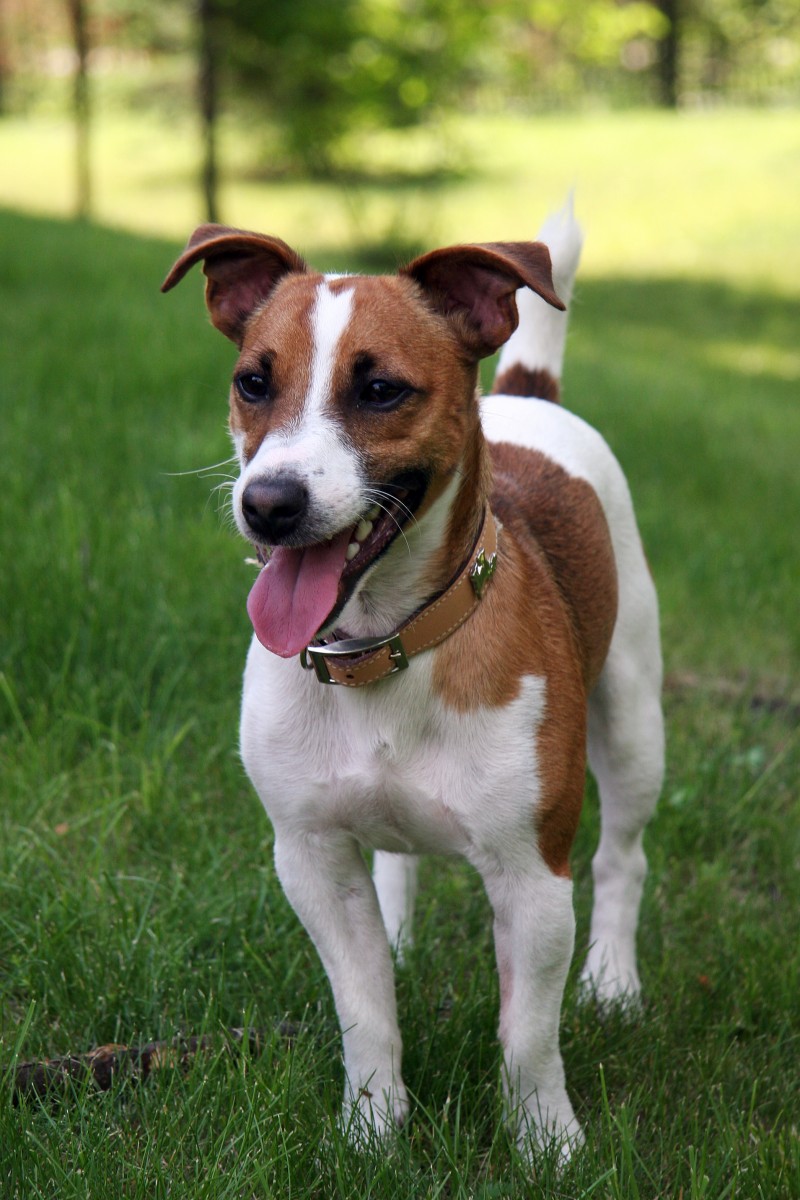

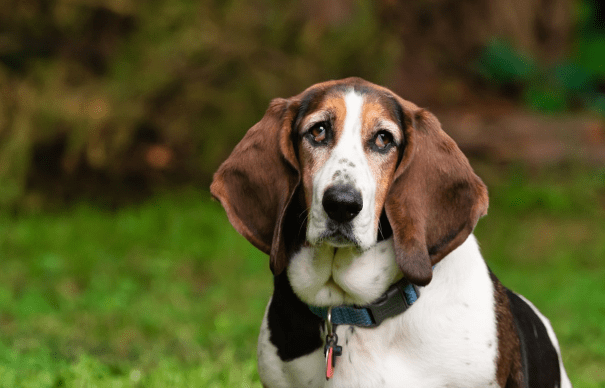

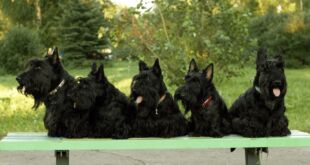

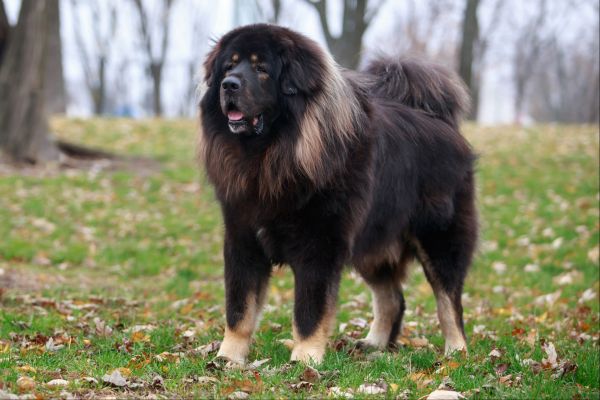












 in Chandigarh, India.
in Chandigarh, India. 
